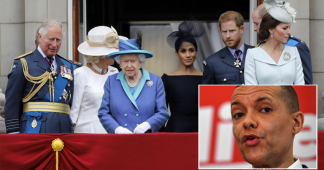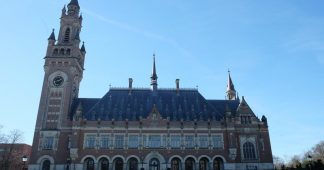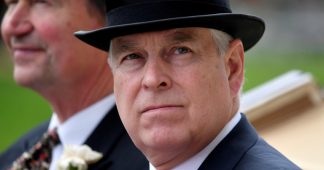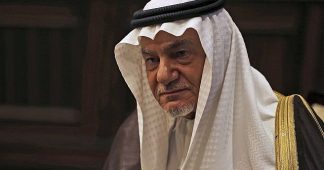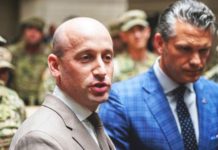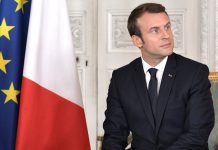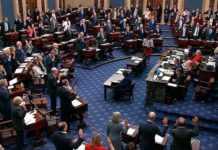By William Mallinson*
Can I do it?
The recent Hollywood-style tell-all Oprah Winfrey interview of Prince Henry Charles Albert David and his spouse Rachel Meghan Markle has once again focussed lurid attention on the Anglo-British-German royal family. Before commenting, I must declare that, while not a royalist per se, I am a supporter of the institution of the royal family as regards my country, the United Kingdom, although I am not overly happy with the behaviour of some of its members. The institution has, after all, developed over more than a thousand years, and is part of the very make-up of the institutional, political and social raison d’être of the United Kingdom.
The institution’s mistake has been an inability to democratically reform when necessary. The most glaring example is the archaic ‘Order in Council’, known only to a few, and certainly not to the masses. A sordid example of this undemocratic weapon is that of the former inhabitants of Diego Garcia, an island in the British Indian Overseas Territory. Britain rented the island to the Americans for military purposes in 1966, which meant that its two thousand inhabitants, British subjects, were forced to leave. For good measure, their animals were gassed. When the islanders began to win their case in the courts, Her Majesty the Queen was simply prevailed upon (by Blair’s ‘diversity’ government!) to sign an ‘Order in Council’, thus betraying her own subjects.
The queen’s brown skinned subjects were less lucky than the white-skinned Falkland islanders, with Thatcher’s navy sailing across the world to ‘save’ them.
Could the queen have refused to sign the Order in Council? Her homologue, the king of Belgium, when asked in 1990 to sign a bill legalising abortion, refused as a matter of conscience, but agreed to be suspended as Head of State until the Belgian Cabinet had approved then law. Then it was back to business as usual. One can only assume that the queen’s conscience did not extend to protecting her subjects when it was a matter of American pressure on her kingdom. She could very well have suspended herself from her duties as head of state for a day or two. English constitutional flexibility is well known.
Another mistake was when Prince Harry allowed himself to be filmed by CNN in Afghanistan, shooting a general-purpose machine gun while wearing a silly baseball cap with an ‘I love America’ slogan. He thus politicised the royal family, in an illegal attack on a sovereign state, without UN sanction, to boot.
I began this small article by asking whether I can do it. I wanted to simply show that if it is to survive vicious onslaughts by furiously frustrated B-list actresses trying to become A-listers, then some constitutional reforms will be required.
* Professor of Political Ideas and Institutions, Universitá degli studi Guglielmo Marconi
